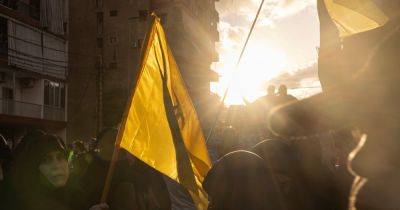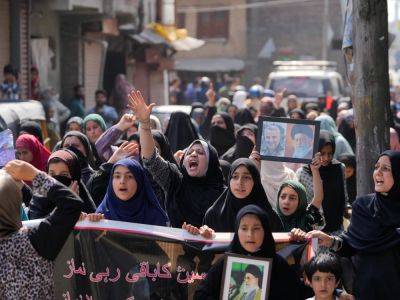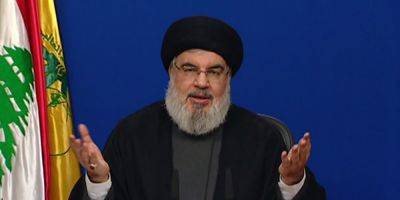Killing of Nasrallah is a key prize for Israel, but it’s too early to write off Hezbollah
CNN —
On Saturday, Hezbollah confirmed that its leader, Hassan Nasrallah, is dead after Israel announced he was killed in an airstrike in Beirut on Friday.
His death marks a major moment in recent Middle East history, but the long-term consequences are uncertain. It raises a key question: Do “decapitation strikes” killing the leaders of terrorist groups cripple them? The short answer is not really.
Israel should know from its own history that such strikes don’t always succeed in crippling a militant group. In 2008, Israel killed Hezbollah’s military leader, Imad Mughniyeh, in Damascus, Syria, yet the group only gathered strength in the years that followed.
Four years earlier, Israel killed a founder of Hamas, Sheikh Ahmed Yassin, in an airstrike. Yet, the group did not collapse, and almost two decades later it still carried out the October 7 attacks in Israel, killing some 1,200 Israelis in a single day.
More recently, in July, Israel said it killed one of the October 7 masterminds, Mohammed Deif, a key Hamas military commander, yet the militant group fights on in Gaza.
The US has its own history of killing terrorist leaders in the hope that it will cripple its foes. When Abu Musab al-Zarqawi, the leader of al Qaeda in Iraq, was killed in a US bombing raid in 2006, it was treated as a major breakthrough because al Qaeda in Iraq was significantly contributing to the civil war that was then tearing the country apart.
Yet eight years later, al Qaeda in Iraq eventually morphed into ISIS, which took over territory the size of Portugal and presided over a population of some eight million people in Iraq and Syria. ISIS also carried out devastating terrorist attacks in the West, for instance, in Paris in 2015 that killed







